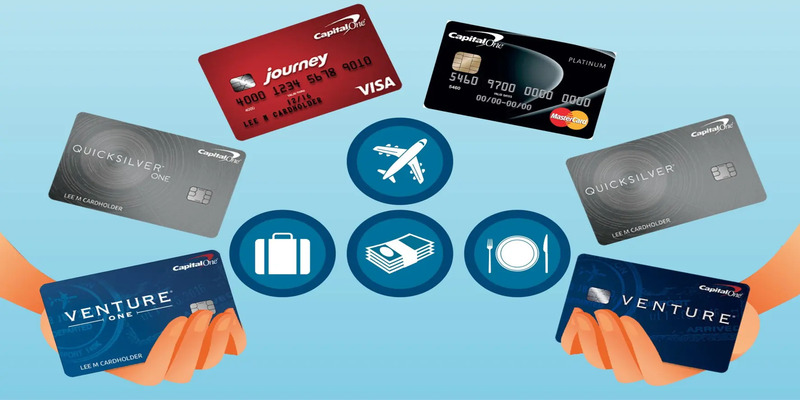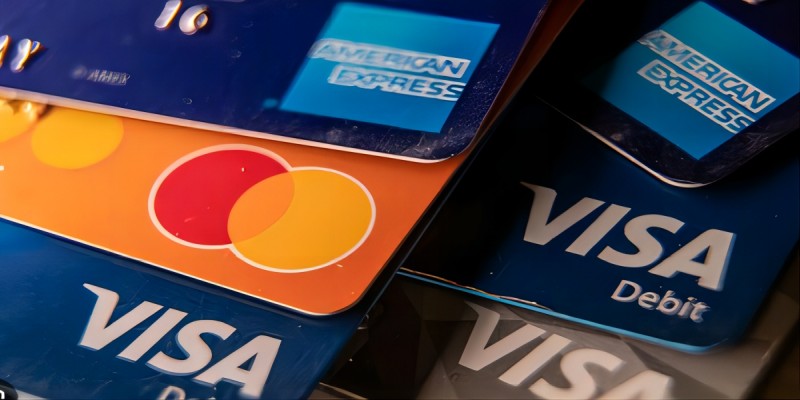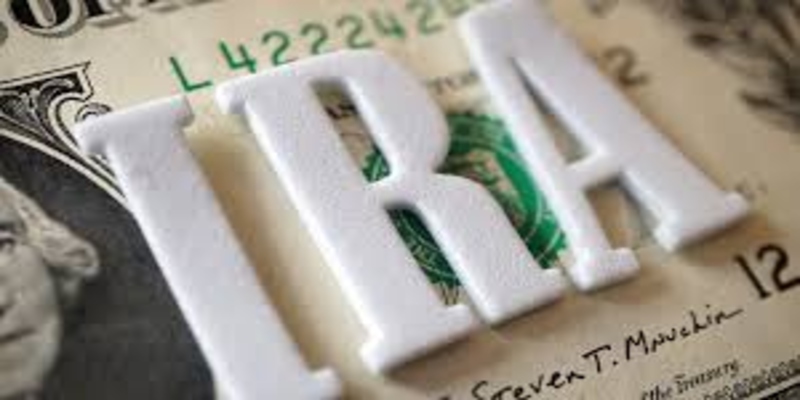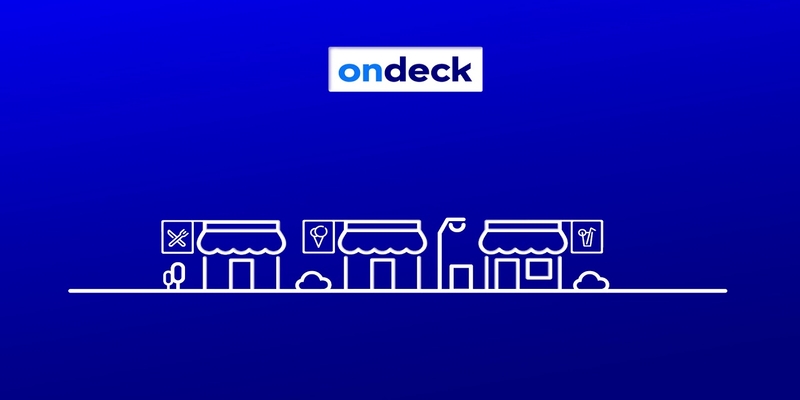Feb 07, 2024 By Susan Kelly

One of the main reasons American credit cards are so well-liked in the country is that many provide incentives when you use them to make purchases. You may still accrue worthwhile rewards even if you pay off your credit card debt in full each month and never pay interest.
Cashback, issuer rewards, and co-branded rewards are the three primary categories of credit card reward programs in the United States. Find out which card could be best for you by reading about the differences before applying for a new one.
Here’s what you need to know about Rewards Credit Cards, how they work, their comparisons, and the benefits of credit cards.
Reward Credit Card: An Overview

Rewards credit cards are any type of credit card that provides you with rewards for your purchases. You may be eligible for cashback, rewards points, or miles, depending on your card.
Points
Points are either a part of your card issuer’s rewards program or an affiliated program (e.g., a hotel loyalty program or a retailer’s loyalty program). Depending on your program, you could be eligible for different rewards (e.g. travel rewards, cash back on credit cards, gift cards, or merchandise).
Cashback
Credit cards will allow you to earn cash back based on your purchases. You may also be able to use your cashback to offset a credit card purchase, a check, or to deposit funds into your bank account.
Miles
Miles is the same thing as points. However, airline credit cards (and some card issuers’ rewards programs) use “miles” as the currency for their rewards points. You can trade these points for discounts on your flights or even a plane ticket.
Other Rewards Offered By Rewards Credit Cards
Tiered Rewards
For tiered rewards, you can earn bonus rewards on purchases from specific merchants or within certain categories (e.g. dining or travel). In most tiered programs, you’ll earn 1 point, 1 mile, or 1% cash back on categories that don’t qualify for a bonus. Different cards will offer different bonuses for different categories of purchases. You may also be eligible to earn many rewards if your spending habits match a card's bonus categories.
Flat-Rate Rewards
For flat-rate rewards, you’ll earn the same rewards (e.g., one point, one mile, or one cent per dollar) on every purchase. A flat-rate rewards card gives you the same amount of money back, points, or miles with each purchase. For instance, depending on your rewards program and rewards card, you could earn 1.5%, 1.5%, or 2 miles for every dollar you spend with your card. A flat-rate rewards program is easy to use and may offer the highest rewards if you make a lot of different types of purchases each month.
Rotating Bonus Rewards
For rotating bonus rewards, you'll earn rewards on specific purchases; your card issuer will change the bonus categories yearly. The card issuer selects the categories. These could be gas stations, restaurants, grocery stores, or even purchases made on Amazon. It’s risky, but if these categories match what you’re buying, you’re looking at a five-point (or five percent) reward rate. You’ll usually only earn one point (or 1 percent) of your rewards for every dollar spent on other purchases.
Bonus Rewards
For choose-your-prize rewards, you'll get bonus rewards on some purchases but can choose which categories you’d like to earn (or they’ll automatically match your monthly spending).
Benefits Of Rewards Credit Cards
Travel Insurance
Travel Insurance, Rental Car Insurance, and Roadside Assistance are some of the most common travel benefits offered by many rewards cards. They can help you during a flight cancellation, baggage hold-up, or even an injury while on the road. Check out which credit cards offer complimentary travel insurance for these trip protection benefits.
In most cases, you need to purchase your travel with the card that offers the benefit to receive it. Sometimes, you may even need to opt into the benefit. So, make sure to check out which benefits you already have before you book your next trip.
Cell Phone Insurance
Many card networks and credit card issuers offer cell phone insurance. For example, you can get insurance to replace your phone if you lose it.
Fraud Protection
Unlike cash, a credit card comes with fraud protection. This means that your money is still safe even if your card is stolen. Many credit card issuers provide additional protections, including the ability to lock your card quickly if needed, credit monitoring, and even monitoring for identity theft on the web.
Most card issuers list their fraud protection options on their websites. If you're unsure what to look for, search for "fraud protection" and your card issuer's name.
Wide Warranties
Many American cards come with extended warranties that extend up to one year after the original manufacturer's warranty. American cards also offer purchase protection, meaning you could receive a full refund on your covered purchases if damaged, stolen, or lost within 90 days of purchase. Like many benefits listed above, you must purchase the card to receive protection.
Free Shipping
Rewards credit card memberships include ShopRunner, which provides free 2-day delivery (plus return shipping) to over 100 online retailers. To sign up for ShopRunner, you’ll need to create an account; once you’ve done that, you can select ShopRunner as an option on checkout at eligible online stores.
Summary
It is essential to understand what types of rewards credit cards are available in your state to choose the best one for you. Then, you can narrow your choices based on your interests. If you believe each credit card type offers different benefits, consider building up your rewards portfolio over time. This will allow you to use the correct type of credit card for different purchases, maximizing your rewards earnings.
-

Get to Know How to Use the Dividend Discount Model to Value Stock
Oct 05, 2023
-

Artificial intelligence assistants and risk
Oct 11, 2023
-

An Ultimate Guide About Capital Gains
Jan 20, 2024
-

Leasing Options For Your LLC in 2023
Feb 05, 2024
-

Discuss All About: U.S. Military Budget, Its Components, Challenges, and Growth
Oct 19, 2023
-

Top Alternatives to Robinhood: Best Apps for Former Users
Jul 31, 2024
-

VIP Voice: An Overview
Oct 31, 2023
-

Top Rollover IRA accounts for 2024
Feb 10, 2024
-

What Exactly Is Objective-Based Management?
Dec 21, 2023
-

Moomoo App Insights: Explore the Free Stock Market Trading Platform
Jul 31, 2024
-

Websites to Make Money Online
Dec 20, 2023
-

OnDeck Small Business Loans – A Detailed Review
Feb 08, 2024
